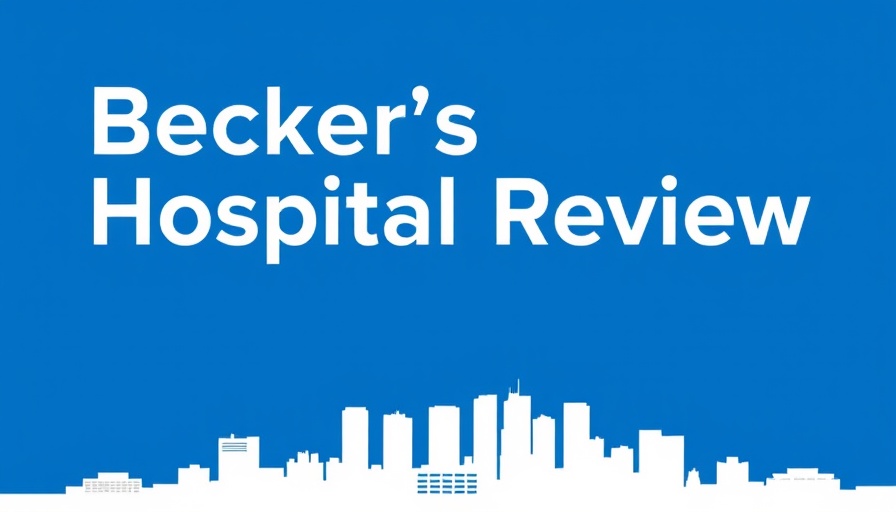
New Leadership in Oncology: A Step Towards Advanced Cancer Care
Mass General Brigham is making a significant move in cancer care with the appointment of Dr. Chandrajit Raut as the new chief of the division of surgical oncology. Based in Somerville, Massachusetts, this decision highlights the healthcare institution's commitment to staying at the forefront of cancer treatment and surgical innovation.
Dr. Raut's Background and Expertise
Dr. Raut is not new to leadership roles in surgical oncology. He has held the position of chief of surgical oncology at Brigham and Women's Hospital since 2019 and was recently appointed as surgery program leader for the Mass General Brigham Cancer Institute’s Sarcoma Disease Center. His experience extends to serving as the surgeon-in-chief and chair of the department of surgery at Dana Farber Cancer Institute. This wealth of experience positions him well to guide surgical oncology strategies at Mass General Brigham.
The Importance of Surgical Oncology in Patient Care
With rising cancer diagnoses, the significance of surgical oncology is paramount. Dr. Raut’s leadership is expected to enhance patient engagement through innovative treatment options, which align with the evolving standards of care. The integration of cutting-edge technology and practices in surgical oncology is essential for improving outcomes.
Future of Cancer Treatment: Embracing Innovation
Under Dr. Raut's guidance, the integration of digital health tools, such as telehealth and remote therapeutic monitoring (RTM), could play a transformative role in patient care. These technologies ensure that patients receive timely interventions, improving adherence to treatment plans. It will be interesting to see how his leadership might influence the use of healthcare business tools to enhance practice efficiency and workflow.
Response to the Growing Aging Population and Cancer Trends
As trends indicate an increase in cancer incidence among older adults, Dr. Raut's appointment comes at a critical time. His plans may include a focus on therapies that offer aging-in-place solutions and senior care solutions. With this focus, healthcare systems can better cater to the needs of an older demographic that is often disproportionately affected by cancer.
Implications for Independent Providers
For independent physicians and healthcare providers, Dr. Raut’s appointment opens doors for future collaborations and patient engagement tools that can help optimize clinic cost savings and practice revenue. Understanding the direction of surgical oncology will be pivotal for these providers to enhance their service offerings and remain competitive in a rapidly changing healthcare landscape.
Building a Stronger Healthcare Community
By focusing on patient-centered care, healthcare compliance, and innovative surgical practices, Mass General Brigham and Dr. Raut aim to build a holistic healthcare community. The collaboration between surgical teams and primary care can significantly improve patient health outcomes while maximizing the advantages of Medicare-backed services and employee health benefits.
Call to Action: Stay Informed and Engaged
As we witness these exciting developments in oncology, it’s essential for healthcare professionals and community members to stay informed. Advocate for continued innovations in surgical oncology, and explore how new policies and leadership changes can optimize care in your own practices. Engage with local healthcare events and discussions to share insights and solutions that can drive the future of cancer care.
 Add Row
Add Row  Add
Add 




Write A Comment